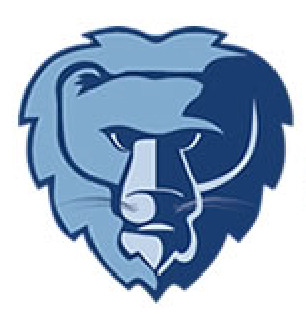Communicating Student Learning
Elementary
BC's educational curriculum
The B.C. curriculum is flexible and focuses on literacy, numeracy, and the First Peoples Principles of Learning. The curriculum also supports deeper learning through concept-based and competency-driven education. The goal of the curriculum is to support the development of educated citizens who are critical and creative thinkers and communicators, and who are personally and socially responsible in all areas of their lives. The curriculum supports the ways in which students think, learn, and grow, and prepares them for a lifetime of successful learning in a world where change is constant. – K-12 Student Reporting Policy (p. 6)
Communicating Student Learning
The goal for reporting remains the same: ensuring students and families are well-informed about student learning, including strengths and areas for growth in literacy, numeracy, critical and creative thinking, and the subjects across the curriculum. Our hope is to strengthen reciprocal communication and connection between a student’s home and their school.
Written Learning Updates and Summary of Learning (Report Cards)
The new reporting order uses new language. Report cards are now called ‘Written Learning Updates’ and the final report card in June is called ‘Summary of Learning’.
- Instead of two report cards, there will be three report cards per school year (two written learning updates and one year-end written summary of learning).
- Teachers will provide two informal learning updates (conferences or portfolio reviews with the option of a conference) during the school year.
Format:
- Teachers will use the provincial four-point proficiency scale to report on student learning in each subject area taught: Emerging, Developing, Proficient, Extending.

- Teachers will include a summary of progress made toward the goals in a child’s Individual Education Plan (IEP), where applicable.
- The new policy specifies that student behaviour will not be included in the proficiency scale reporting. Comments about engagement and work habits will form part of the descriptive feedback.
- Feedback continues to be strengths-based, highlighting where students are at, as well as next steps for learning.
- Students will self-reflect on the core competencies and will set goals at least three times a year. Teachers will indicate how this took place on their report cards.
Reporting schedule
Communication | Timing |
Informal Learning Update (previously known as conferences) | October/November |
Written Learning Update (previously known as report cards) | December |
Informal Learning Update | February |
Written Learning Update | March – prior to Spring Break |
Summary of Learning (final report card) | June |

